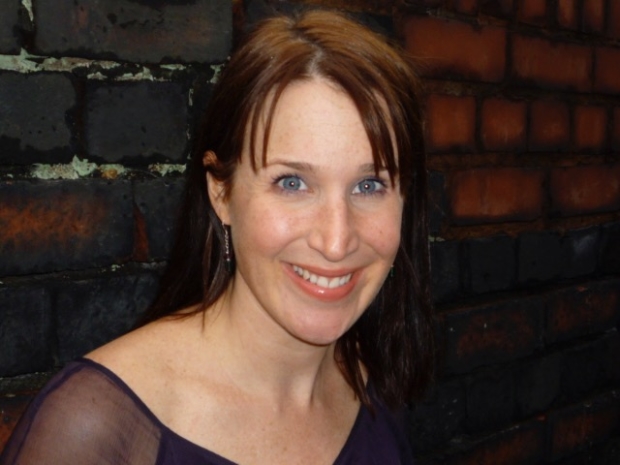Amy Shindler: Why my play is about a woman with Asperger's
Writer Amy Shindler explains why her new play is about a woman, rather than a man, with Asperger’s

Burning Bridges is my first stage play and it's no coincidence that I wrote it during one of the worst periods of my life, when my mum, Lynn, a special needs teacher, suddenly suffered a stroke at the age of 58. She was soon diagnosed with terminal cancer and given months to live. The nightmare was impossible to digest and communicating with her post-stroke was disengaged, sometimes comically surreal and cruel.
In looking for a way to connect with mum's life before she got sick, I began to research Asperger's syndrome, a major aspect of the lives of some of the kids she'd taught. She'd always had a special relationship with these students and would devotedly describe their struggles and their achievements. I found AS to be complex, nuanced and individual, but there were some common side effects, such as sensory over-stimulation, obsession and difficulty in cultivating relationships that fascinated me. However, as I scoured the internet for articles and blogs, I failed to find many experiences of women with AS. Often characterised as "extreme male brain" it seemed to be hugely under-diagnosed, sometimes mis-diagnosed as bi-polar disorder and schizophrenia, and the few examples I could find of females with it often talked of depression, even suicide. I suddenly felt strongly that I wanted to write about a young woman with Asperger's. My character of Sarah began to take shape.
How would that famous Asperger's directness feel if you were on the receiving end of it every day?
I started to think about what it must be like to live with and love someone with AS. Would you worry about them navigating the world? How far would you go to protect them? And was that even the right thing to do? How would that famous Asperger's directness feel if you were on the receiving end of it every day? So I gave Sarah an older sister, Kate, a woman who, like Sarah, had suffered in childhood, but who had finally found salvation by starting her life over, leaving Sarah and the US to move to the UK, throwing herself into professional ambition and falling in love with an English man, Dan. I wanted to explore Kate's sense of guilt, Sarah's feelings of abandonment and above all, I wanted to see if I could heal the fractured relationship between the sisters. I knew things wouldn't be easy for them, and indeed when Dan entered the picture – easy-going, affectionate, but flawed, I realised that Sarah was going to fall in love with her sister's husband and all hell was going to break loose.
In Burning Bridges I've created a charged situation; intense, exciting, charting stormy, unmapped waters, but there's lots of humour too, in incongruity, in Sarah's bluntness, as a coping mechanism for Kate and Dan. It also features a woman with autism, which I feel passionately to be important. If this play can raise awareness of Asperger's in women even slightly, then something very good will have come out of the sad impetus for me writing it. I think my mum would have been happy about that.
Burning Bridges runs at Theatre 503 until 8 October.













